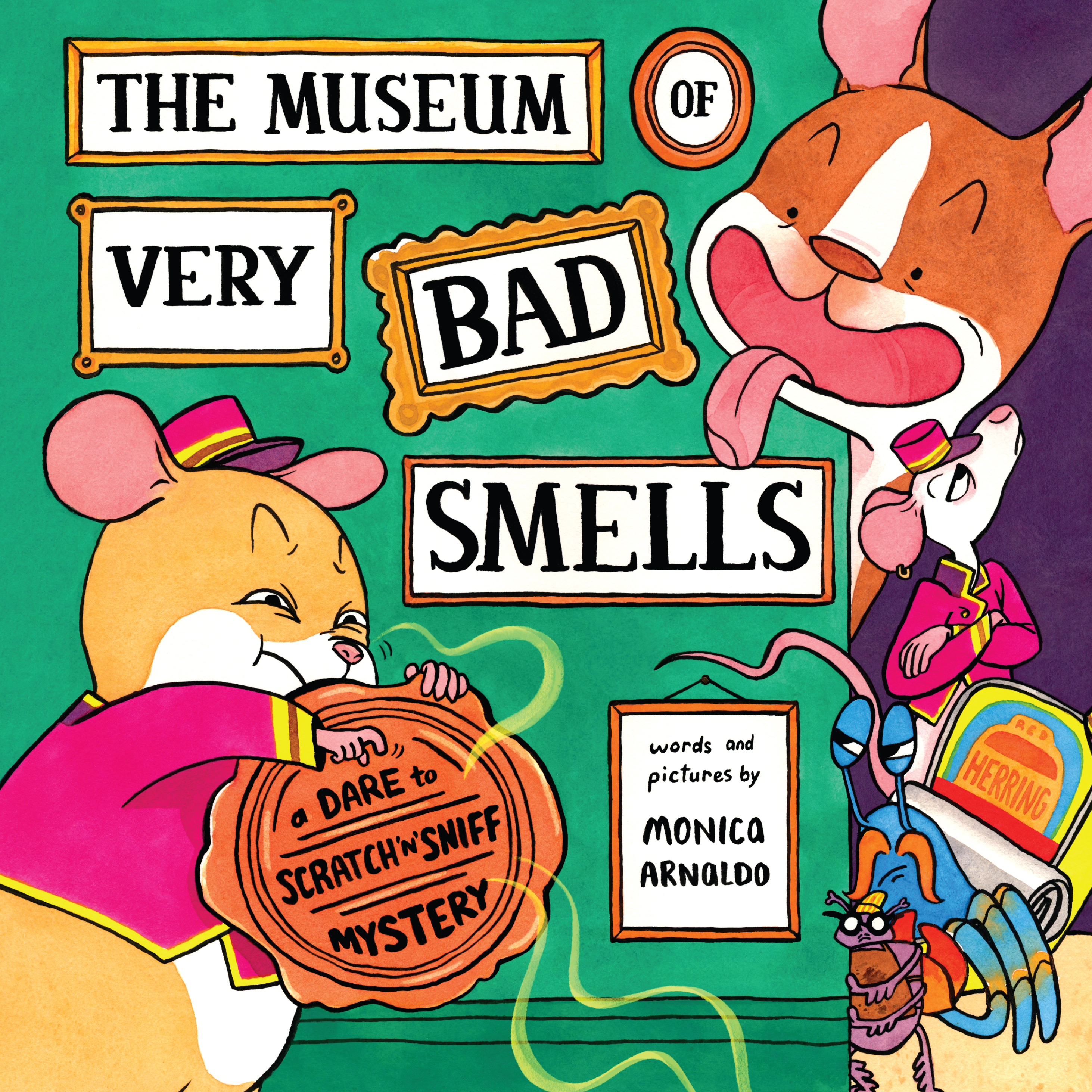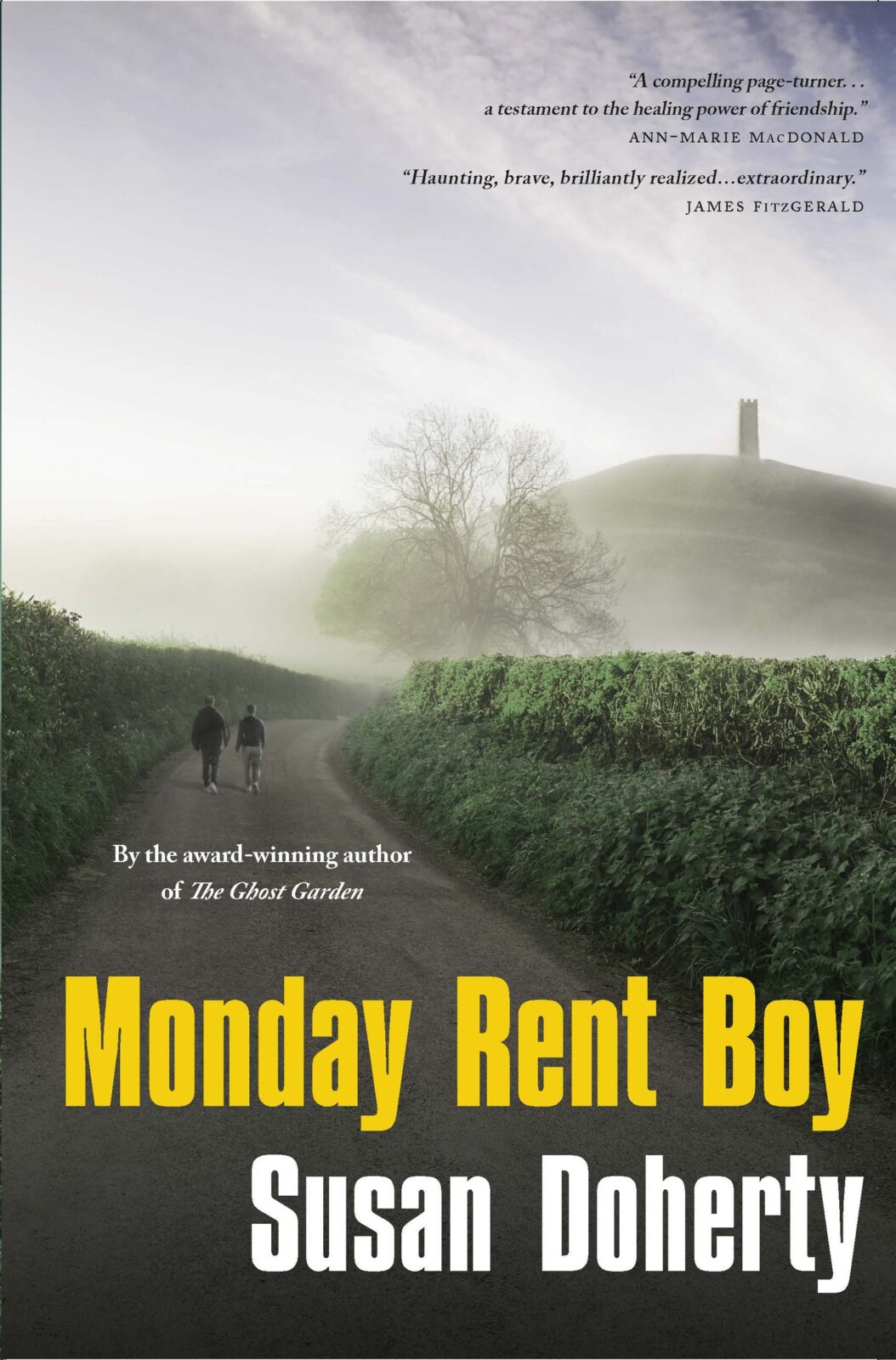Little Theatres
Erin Moure
House of Anansi
$16.95
paper
96pp
0-88784-728-5
More exotic than the French and Portuguese material is Mouré’s own use of Galician materials, for the poet has been conducting a love affair with her ancestral Galician language for years. For her, Galicia, a region in northwestern Spain, represents the survival of a culture oppressed by its powerful and numerically superior neighbors but preserving a rural way of life against centralizing power. The struggle of Galicia is one of the “little theatres” of the title.
The book contains two sequences of poems in Galician, with translations by the author. Water is Mouré’s favorite of the traditional four elements, and Galicia is a land of swift rivers. Her first Galician sequence, “Homenaxes á auga / Homages to Water,” uses images of onions, potatoes, and garlic as synecdoches of an entire landscape and people. The second sequence is also about water. The translations read, purposely or not, as exercises in what is often called “translationese,” English that isn’t quite idiomatic. A brief Diccionario / Dictionary is included to help the reader with Galician words and phrases left untranslated in the English versions.
Mouré’s book contains poems and prose passages about “little theatres” that are attributed to a Montreal writer named Elisa Sampedrín, who appears to be a heteronym of Mouré herself. The “heteronym” is a method devised by one of her favorite authors, Fernando Pessoa, who created a series of imaginary poets and wrote poems from their point of view. Certainly neither the internet nor the Canadian phone directories turn up the name, though it appears in the acknowledgments of Little Theatres. The “little theatres” in this book are often in the mind rather than on any proscenium.
One of the most impressive components in the kit is a sequence entitled “the first story of Latin” and attributed to “Erín Moure,” the Romance language version of her name that she used as the signature for her book-length Pessoa translation, Sheep’s Vigil by a Fervent Person (2001). Mouré explores the Latin elements within English, which she calls “my latin”—as contrasted with “your latin,” the Romance languages. She glosses over the fact that English has a rich Latin-derived vocabulary but a Germanic grammatical structure. The anglophone narrator of the poems probes into expressions where the Romance languages and English overlap, while respecting the richly divergent overtones of words which dictionaries give as equivalents.
The sequence is not just about language: it celebrates the earth and proposes simple rituals as an alternative to war. In one of the best poems in her book, “Subxunctivo do futuro,” Mouré suggests that in “my latin” we must reach far back to find a language untainted by the discourse we hear on TV news: she quotes a 14th Century Rule of St. Benedict from Northern England as a counterweight to the public language that inoculates us against death (and therefore against life). This translation of the Rule from Latin was written with feminine and gender-neutral language. Moure / Mouré is gently hinting that masculinist points of view perpetuate conflict—and that we can choose another perspective. The title of “Subxunctivo do Futuro” is crucial: the subjunctive tense expresses a wish or possibility. In this poem, the wish is for a peaceful future. Mouré envisions activities like drying corn or feeding pigs on small chestnuts as ways to avoid war. The pastoral life is presented as a little theatre in which violence can cease, a tradition going back to the prophesies of Isaiah. “What 250M persons might do for good,” she says longingly in the poem, obviously referring to the United States. The French mystic and political thinker, Simone Weil, expressed a similar longing: she believed that countries are founded on violence, but that their citizens should try to make them a matrix for good. Mouré, whose previous book, O Cidadán, explored citizenship, clearly concurs. Little Theatres is indeed a peace kit, careful assembly required. mRb






0 Comments